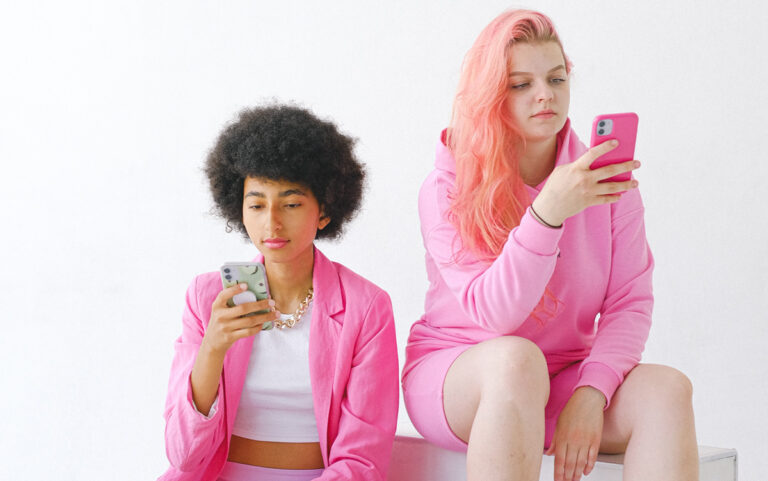Instagram is replacing swipe ups with link stickers from next week
Starting next week, you won’t be able to read our articles the same way many of you just did: by swiping up on our Instagram story. The tech giant is instead retiring the popular feature—which spawned the phrase ‘swipe up’ that’s now used by most content creators along with its own category of delusional GIFs—from Monday 30 August.
According to a notification viewed by The Verge and confirmed by Instagram, swipe up links will be replaced by link stickers—which are exactly what they sound like: tappable stickers in Stories that take people to external websites where they could learn more about a product, read an article, sign up for a service or do anything else the creator wanted to promote.
same pic.twitter.com/xIVEURtYzj
— Sam Sheffer (@samsheffer) August 23, 2021
Although Instagram began testing the feature in June 2021 with a small handful of users, it is set to roll out broadly from 30 August. The platform also revealed its plans to convert those who currently have access to swipe ups to link stickers. This will include businesses and creators who are either verified or who have met the threshold for follower count (widely reported to be at least 10,000 followers).
“But why?” I hear you ask. According to folks over at Instagram, the update is an effort to “streamline the Stories creation experience” and offer more “creative control”—given that users can format the look of stickers and not the current swipe up. As noted by TechCrunch, these stickers have a couple of advantages over the older swipe up link.
For starters, they let creators toggle between different styles, resize the sticker and then place it anywhere on the Story for maximum engagement—similar to polls and location stickers. Viewers will also be able to react and reply to Stories which have the link sticker attached. This sort of a feedback system was not possible with swipe up links previously.
Although the update will roll out to those who already have swipe up privileges, Instagram is also evaluating its decision to expand link access to more accounts in the future. “[This update will] help us determine whether it’s the right decision before expanding access to more people,” a spokesperson told The Verge.
While swipe ups have proved to be an essential feature for businesses and creators alike, Instagram should be cautious with their decision to expand access to the feature. After all, Linktree has proven to be a sneaky hotspot for anti-vaxxers and conspiracy theorists to perpetuate harmful ‘facts’ online. If the platform manages to introduce some kind of gatekeeping, however, the new update might just offer the flexibility we’ve all been looking for when it comes to those boring arrows on the bottom.





